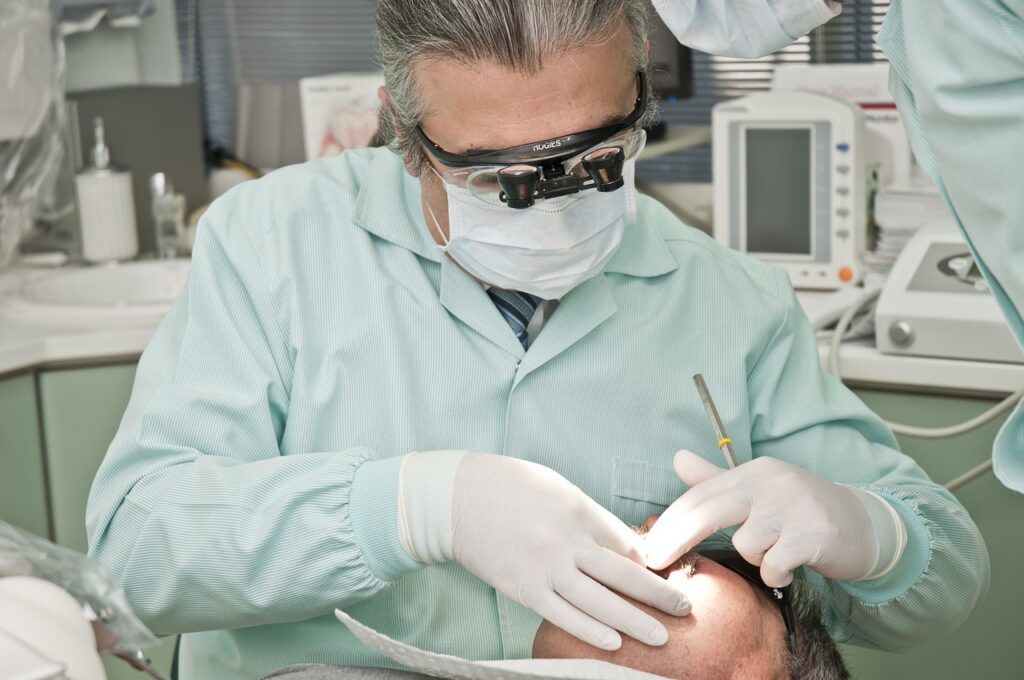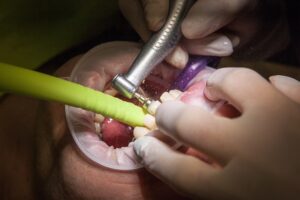As we journey through life, our cells play a pivotal role in determining our health and longevity. The intricate dance of cellular processes, from replication to repair, influences how we age and how well our bodies function. In this article, we’ll explore the fascinating world of cellular health and aging, shedding light on the mechanisms that underlie these processes and their profound impact on our well-being.
The Basics of Cellular Health
 At the core of our existence are trillions of cells, each carrying out vital functions that keep us alive and thriving. Cellular health refers to the state of these microscopic units, encompassing factors such as DNA integrity, mitochondrial function, and cellular communication.NAD+ (nicotinamide adenine dinucleotide) is a coenzyme involved in various cellular processes, including energy metabolism and DNA repair. Research suggests that NAD+ levels decline with age, contributing to cellular dysfunction and age-related conditions.
At the core of our existence are trillions of cells, each carrying out vital functions that keep us alive and thriving. Cellular health refers to the state of these microscopic units, encompassing factors such as DNA integrity, mitochondrial function, and cellular communication.NAD+ (nicotinamide adenine dinucleotide) is a coenzyme involved in various cellular processes, including energy metabolism and DNA repair. Research suggests that NAD+ levels decline with age, contributing to cellular dysfunction and age-related conditions.
Understanding Cellular Aging
As we age, our cells undergo a series of changes that collectively contribute to the aging process. One of the primary mechanisms involved is telomere shortening. Telomeres are protective caps at the ends of chromosomes that safeguard our genetic material during cell division. Over time, with each cell division, telomeres gradually shorten, leading to cellular senescence, the state where cells cease to divide and become less functional. Additionally, cellular aging is influenced by factors such as oxidative stress, inflammation, and mitochondrial dysfunction. Oxidative stress occurs when there is an imbalance between free radicals and antioxidants in the body, leading to cellular damage. Chronic inflammation, often associated with age-related conditions, can accelerate cellular aging and contribute to various health issues. Mitochondrial dysfunction, which affects energy production within cells, can also impact cellular health and overall vitality.

Impact on Overall Health and Longevity
The state of our cellular health directly impacts our overall health and longevity. Healthy cells contribute to a robust immune system, efficient metabolism, and effective tissue repair. Conversely, cellular dysfunction and aging are linked to a range of age-related diseases, including cardiovascular disease, neurodegenerative disorders, and certain types of cancer. Maintaining optimal cellular health is, therefore, crucial for promoting longevity and enhancing quality of life as we age. Strategies that support cellular health include:
- Nutrition: Consuming a balanced diet rich in antioxidants, vitamins, and minerals can help combat oxidative stress and support cellular function.
- Physical Activity: Regular exercise has been shown to promote cellular health by enhancing mitochondrial function, reducing inflammation, and improving overall metabolic health.
- Stress Management: Chronic stress can negatively impact cellular health. Practicing stress-reducing techniques such as meditation, mindfulness, and relaxation exercises can have a positive impact on cellular function.
- Sleep Quality: Adequate sleep is essential for cellular repair and regeneration. Prioritizing quality sleep can support overall cellular health and contribute to longevity.
- Lifestyle Factors: Avoiding tobacco use, limiting alcohol consumption, and maintaining a healthy weight are additional factors that can support cellular health and longevity.
In Conclusion
Cellular health and aging are intricately linked processes that impact our overall health and longevity. By nurturing our cells through healthy lifestyle choices and staying informed about advances in cellular biology, we can empower ourselves to age gracefully and enjoy vibrant health well into the future.…



 Your dentist understands that fear often stems from the unknown, so they make it a priority to keep you informed every step of the way. From explaining procedures in simple terms to discussing any concerns or questions you may have, clear communication helps build trust and alleviate anxiety. By taking the time to educate patients about their oral health and treatment options, dentists empower individuals to feel more in control of their dental care.
Your dentist understands that fear often stems from the unknown, so they make it a priority to keep you informed every step of the way. From explaining procedures in simple terms to discussing any concerns or questions you may have, clear communication helps build trust and alleviate anxiety. By taking the time to educate patients about their oral health and treatment options, dentists empower individuals to feel more in control of their dental care. But still, if those three won’t do the job due to your intense fear, sedation options can offer a huge sense of relief and comfort during their dental visits. Sedation dentistry basically involves using medication to help patients relax and feel at ease while receiving necessary treatments. There are different levels of sedation available depending on the individual’s needs and preferences.
But still, if those three won’t do the job due to your intense fear, sedation options can offer a huge sense of relief and comfort during their dental visits. Sedation dentistry basically involves using medication to help patients relax and feel at ease while receiving necessary treatments. There are different levels of sedation available depending on the individual’s needs and preferences.
 When it comes to anti-aging supplements, not all brands are created equal. With the market flooded with countless options, it’s crucial to do your due diligence and research reputable brands before making a purchase. But how do you determine which brands can be trusted? Start by looking for companies that have established a solid reputation in the industry. Seek out reviews and testimonials from other consumers who have tried their products. It’s also wise to check if the brand has been independently tested or certified by reputable third-party organizations. If you are new to taking anti-aging supplements, you should take the time to research the best nmn supplement.
When it comes to anti-aging supplements, not all brands are created equal. With the market flooded with countless options, it’s crucial to do your due diligence and research reputable brands before making a purchase. But how do you determine which brands can be trusted? Start by looking for companies that have established a solid reputation in the industry. Seek out reviews and testimonials from other consumers who have tried their products. It’s also wise to check if the brand has been independently tested or certified by reputable third-party organizations. If you are new to taking anti-aging supplements, you should take the time to research the best nmn supplement. When it comes to taking any supplement, it’s important to be aware of potential adverse reactions. Even though anti-aging supplements are generally considered safe for most people, everyone is different and may react differently to certain ingredients. Therefore, monitoring for any negative effects is crucial. First and foremost, always start with a low dosage when trying out a new anti-aging supplement.
When it comes to taking any supplement, it’s important to be aware of potential adverse reactions. Even though anti-aging supplements are generally considered safe for most people, everyone is different and may react differently to certain ingredients. Therefore, monitoring for any negative effects is crucial. First and foremost, always start with a low dosage when trying out a new anti-aging supplement.
 Fat burners are designed to help you lose weight. They work by increasing your metabolism, which helps you burn more calories throughout the day. Fat burners also suppress your appetite, so you eat less and lose weight. Some fat burners also contain ingredients that help block the absorption of fat, so you absorb fewer calories from your diet. There are many different types of fat burners available on the market. Some contain only natural ingredients, while others contain synthetic chemicals.
Fat burners are designed to help you lose weight. They work by increasing your metabolism, which helps you burn more calories throughout the day. Fat burners also suppress your appetite, so you eat less and lose weight. Some fat burners also contain ingredients that help block the absorption of fat, so you absorb fewer calories from your diet. There are many different types of fat burners available on the market. Some contain only natural ingredients, while others contain synthetic chemicals.